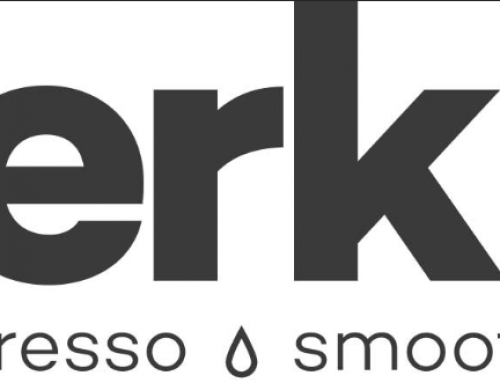International Women’s Day is not just a worldwide celebration of womanhood; it is an important occasion to create awareness around discrimination, gender parity and other issues that still persist, even in 2023. This day and month are particularly close to my heart as I am husband to a wonderful, strong women, and the father to two fabulous daughters (and an awesome son) and have been blessed by having a strong and independent mother and sister who raised me. I’ve seen first-hand the misogyny and inequality they have faced. I am a firm believer of embracing diversity and inclusion, for a better society and work environment and for the future.
Every year there is a distinct theme highlighting various issues faced by women in their homes and workplace. The theme for 2023 is #EmbraceEquity, it aims to get the world talking about why providing equal opportunities isn’t enough. People are diverse in nature and origins, so true inclusion and belonging requires equitable action.
Access to equal opportunity has been a worldwide chant for years now, however, inequality has had such a strong hold on women that providing them with equal opportunities now does not solve their problems. Everyone comes from a multicultural background, hence by acknowledging their differences and allocating tailored resources and opportunities, based on needs, can generate a fair and equitable outcome. We have to be actively, not passively Anti-Inequality.
Need for Diversity in Cleantech
The cleantech sector in general is male dominated. According to Asian Clean Energy Forum (ACEF), women represent only 32% of the renewable energy workforce, globally. Similarly, in my recent Leaders in Cleantech Podcast with Rubina Singh, I discovered that as of 2022, only 15% of the executive roles in the energy sector are held by women. As the world transitions into a net zero economy, it is imperative for individuals and organizations to address the disparity between males and females in the sector.
Like other male dominated sectors, this disparity has brewed in the cleantech arena for years now. This can be attributed for many reasons such as social factors, stereotyping women as less smart and risk-averse, raising generations of less confident women, deterring them from choosing a STEM-oriented field, the knowledge of which is highly required for the cleantech sector.
An industry like cleantech, which already faces problems with access to a steady talent pipeline, cannot afford to exclude any part of the workforce. As the CEO of an executive search firm, I know how difficult it is already for companies to source high quality talent for leadership positions; having less women candidates in the run means our clients are missing out on great talent that can help revolutionize the sector. Hence, there is a dire need to promote Diversity in Cleantech, making this sector appear an attractive career choice for women around the world.
Having a diverse and inclusive workplace has its own perks; hiring women professionals from different background, cultures and ethnicities can bring in unique perspectives and creative solutions. To ensure this, in addition to providing equal opportunities and closing the gender pay gap, there should be tailored initiatives, serving specific needs of women employees. Businesses hold a huge responsibility to ensure their recruitment processes reflect values of inclusivity and get rid of the gender bias.
As an individual running an organization, the entire Hyperion Cleantech Group and I take pride in practicing what we preach. Last year, we successfully placed more than 40% women in primarily senior roles. This feels like a major milestone for us, and we are dedicated towards increasing this figure in the coming years and to keep playing our part to #EmbraceEquity.
David Hunt


